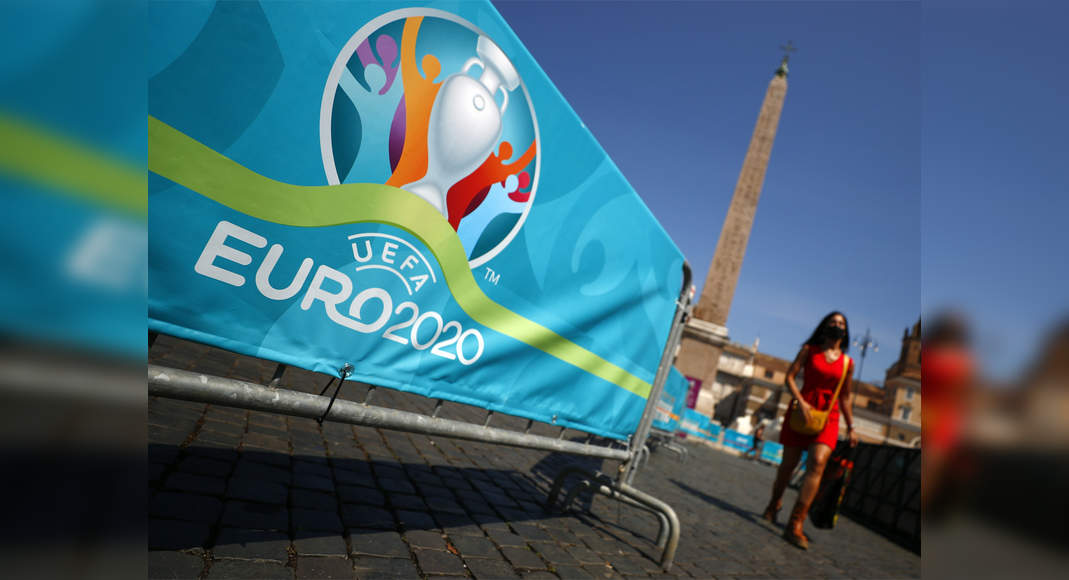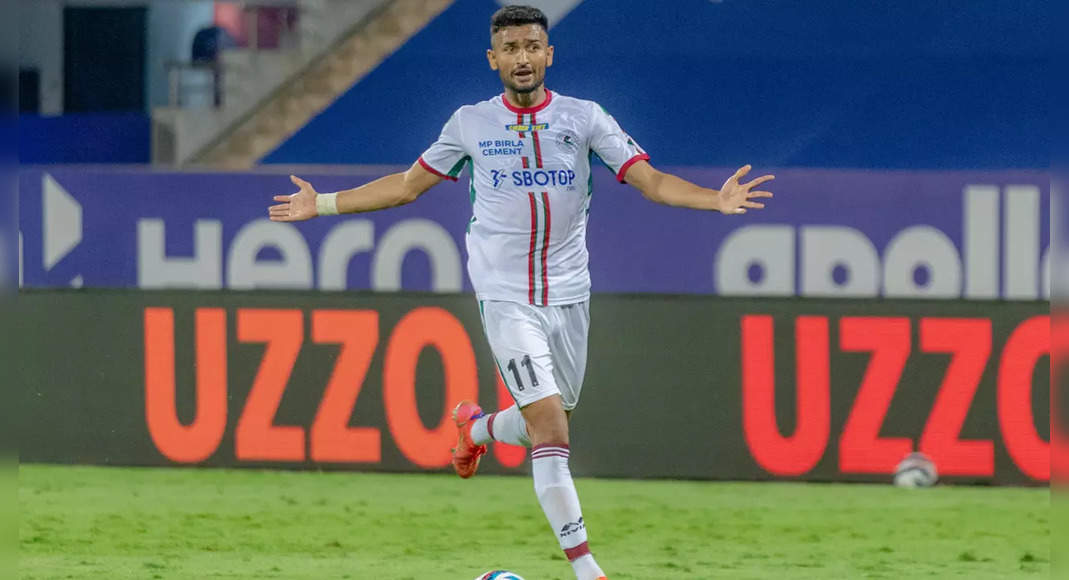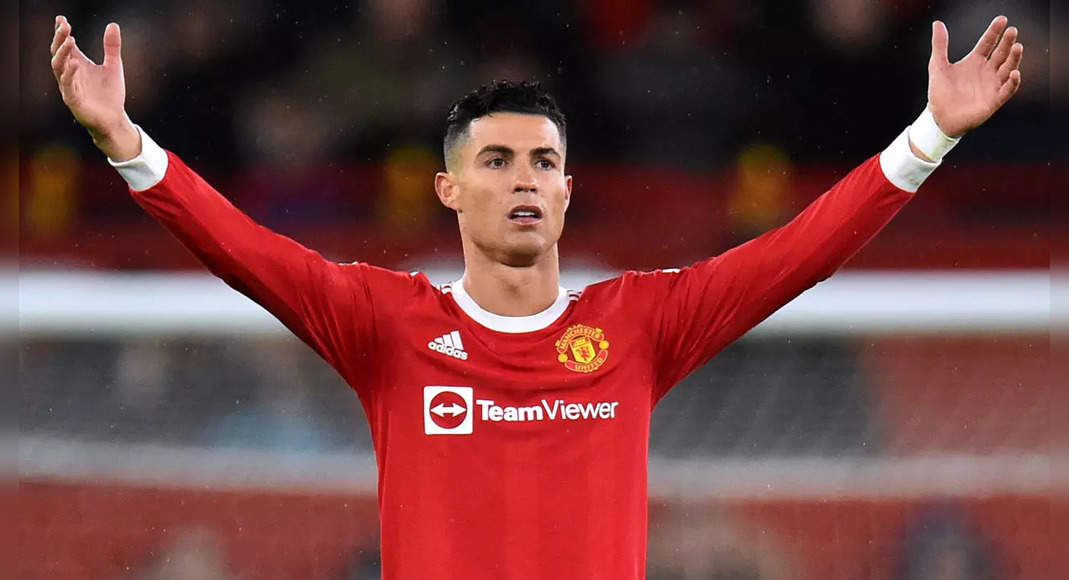PARIS: The delayed Euro 2020 tournament will finally get underway on Friday, a year behind schedule, with Covid still set to cast a shadow over the event.
The continent-wide event, first envisaged by then-UEFA president Michel Platini when he announced the tournament would be held across Europe, will be played in front of limited crowds and with strict health restrictions in place.
The action gets under way at Rome’s Stadio Olimpico, where Italy take on Turkey in front of 16,000 fans.
Spain’s preparations for the month-long tournament have been hit after two players, Sergio Busquets and Diego Llorente, tested positive for the virus, although Llorente on Thursday returned a negative test.
The team even had to name a “parallel” squad of 17 reserve players, fearing a possible wider outbreak in the official 26-man squad.
Although captain Busquets still has Covid, Llorente’s test result will allay fears that the first-choice side might have to miss Spain’s opening game against Sweden in Seville on Monday.
Two Swedish players — forward Dejan Kulusevski and midfielder Mattias Svanberg — have also tested positive for the virus.
But despite the ongoing threat, UEFA president Aleksander Ceferin has been bullish, insisting Euro 2020 will be safe.
“It will be the first event of a global dimension to be held since the pandemic struck,” he said.
“It will be the perfect opportunity to show the world that Europe is adapting.
Europe is alive and celebrating life.
Europe is back.” The clearest illustration of that is set to come from Budapest, where it is hoped the new Puskas Arena will be packed to capacity.
But the majority of the 11 venues, all in different countries, will only be partially-filled for matches, although Denmark on Thursday announced it would lift mask rules and allow 25,000 fans, instead of 16,000, to attend games in Copenhagen.
Munich aims to host a minimum of 14,500 fans — around 22 percent of the Allianz Arena’s capacity, the lowest of the stadiums being used.
Dublin and Bilbao were dropped from the list of hosts after being unable to give guarantees they could meet UEFA’s requirement of accommodating limited numbers of spectators, but Seville stepped in for Bilbao while Dublin’s games went to London and Saint Petersburg.
On the pitch, France will be firm favourites despite being one of the few traditional giants not to have any games at home.
The world champions’ first match is in Munich against Germany on Tuesday.
“All the other countries envy us,” said a recent front page of French sports daily L’Equipe underneath pictures of Kylian Mbappe, Karim Benzema and Antoine Griezmann.
All eyes will be on 33-year-old forward Benzema, who was recalled after an international exile of five-and-a-half years following a prolific season for Real Madrid.
Holders Portugal, with a star-studded squad led by Cristiano Ronaldo, and Hungary complete a tough-looking Group F.
The other likely contenders among the 24 nations include Belgium, sweating over the fitness of key player Kevin De Bruyne after he suffered facial injuries in the Champions League final, and usual suspects Spain and Italy.
In England, there are hopes Gareth Southgate’s young side could take advantage of playing most of their games at Wembley.
England have never before reached a European Championship final, but captain Harry Kane believes the team will start their bid in a “better place” than they were before reaching the 2018 World Cup semi-finals.
UEFA has also demanded that Ukraine make changes to its jersey after Russia complained.
European football’s governing body said the message “Glory to our Heroes”, a rallying cry during the 2014 anti-Russia protests in Ukraine that is featured inside the shirt, was “clearly political in nature” and must be removed.
However, the Ukrainian football association said it was in talks with UEFA to reverse its decision.
The association said to AFP that “earlier UEFA had approved the new kit and every element of it, including the slogan”.







